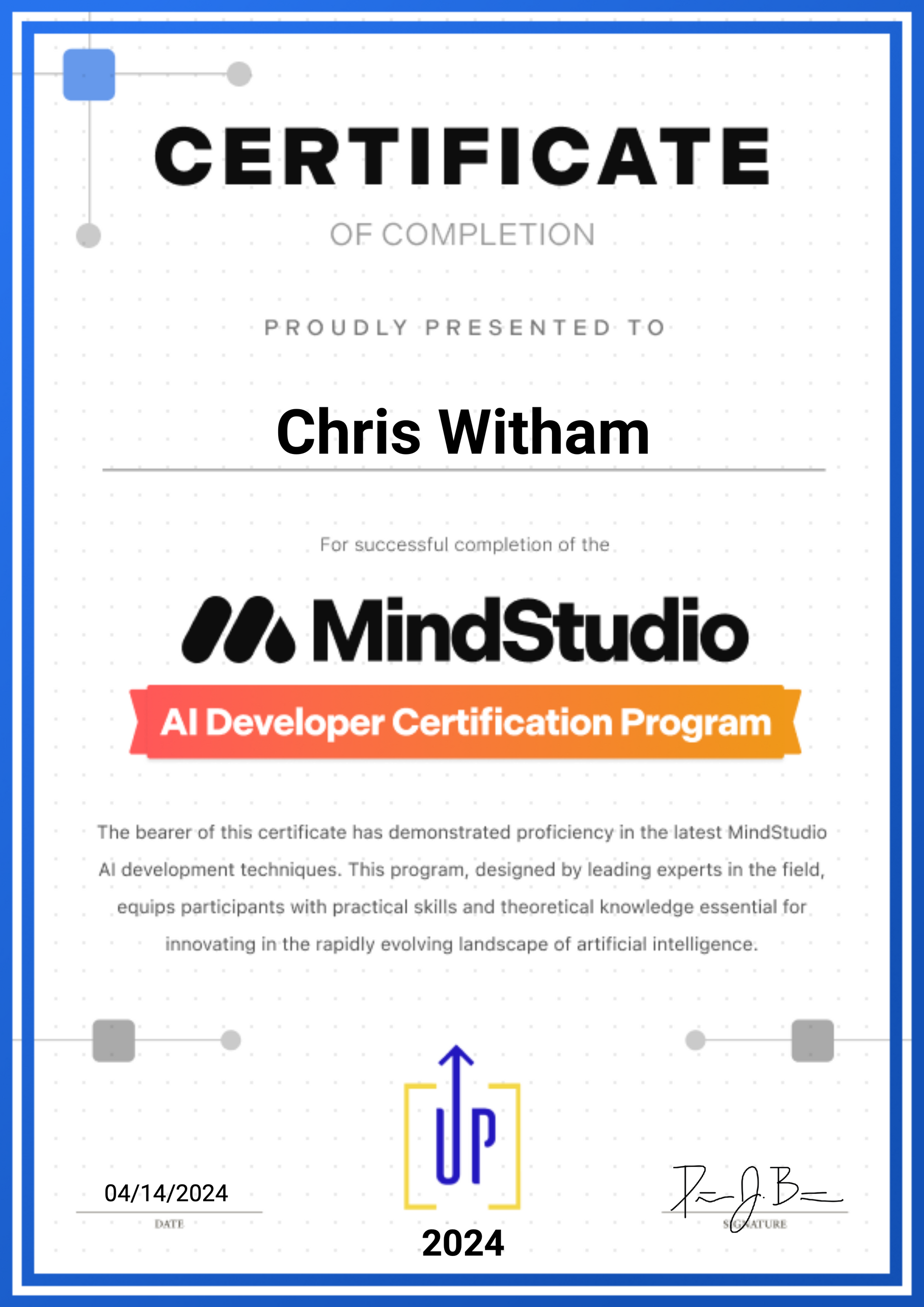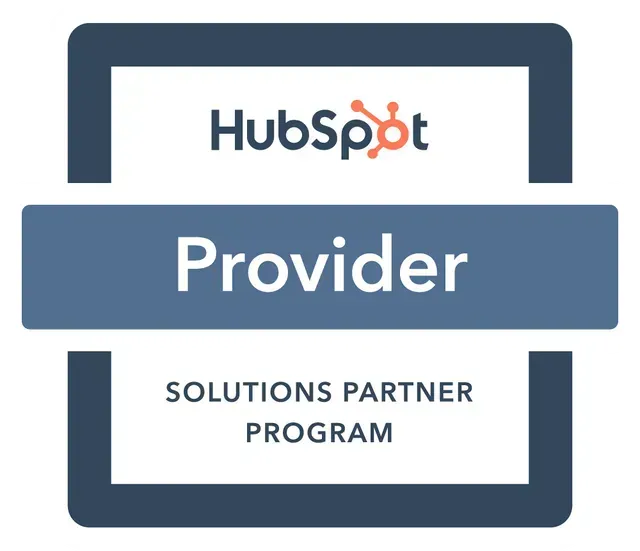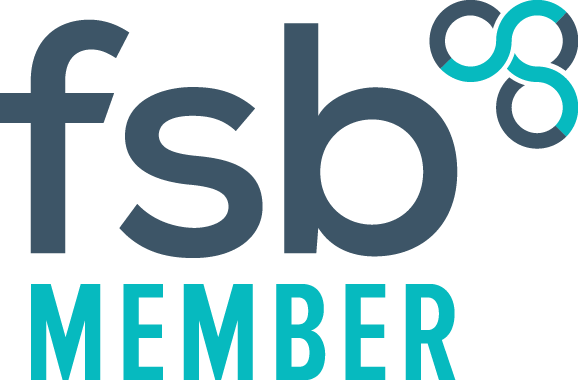Have questions? Contact Chris today for a chat about how we can help you
AI for Breakfast
Post 21 – Ethical considerations in Ai development
Early this morning I used the mobile version of ChatGPT on my phone using the voice feature. It transcribed my prompt as follows:
Me: Hey, ChatGPT. Today we’ve got another blog post to do on my AI for Breakfast blog. I’m just wondering if I can ask you what kind of subject should we cover today? That would be good if you could come up with a few suggestions because I’m stumped. We’ve done a few in the past that you can probably reference. We need to come up with just an idea for today’s post.
Strangely this isn’t exactly what I said, I wouldn’t use the words “Hey, ChatGPT” for starters but let’s run with it anyway!
It gave me 5 suggestions, I decided to choose this one:
- Ethical Considerations in AI Development: A thought-provoking discussion on the ethical dilemmas faced by AI developers and users, touching on privacy, bias, and the future of work.
I chose this one because one of the many e-mail newsletters about Ai that I’m subscribed to mentioned an announcement from Meta about digital ethics, so I went with the timely coincidence.
I thought it might be interesting to ask ChatGPT about this and see what it came up with.
So the following article is unedited, apart from some typographical considerations, straight from the pasted-in prompt above. Bearing in mind I used a custom GPT I’ve built specifically to help me write blog posts for ‘AI for Breakfast’ I think it’s pretty reasonable. You may disagree and that’s fine, I am after all experimenting here so take it or leave it.
In the rapidly evolving landscape of artificial intelligence (AI), the buzz of innovation and technological advancement often overshadows the silent hum of ethical dilemmas lurking beneath. As AI continues to permeate every facet of our daily lives, from the way we work to how we interact with technology, the conversation around its ethical implications has never been more pertinent. Today, I’d like to delve into the ethical considerations in AI development, shedding light on the intricate challenges faced by developers and users alike, including privacy concerns, inherent biases, and the shifting dynamics of the workplace.
Privacy: A delicate balance
The digitisation of our personal lives has led to an unprecedented amount of data being generated, collected, and processed. AI systems, with their voracious appetite for data, play a pivotal role in this ecosystem. However, the question of privacy looms large. How do we navigate the fine line between leveraging data for technological advancement and safeguarding our personal privacy? AI developers are tasked with creating systems that respect user consent and data protection laws, ensuring that personal information is used ethically and responsibly.
Bias: The hidden influencer
Bias in AI is a reflection of the biases inherent in society. These biases can seep into AI systems through the data they’re trained on, leading to outcomes that are prejudiced and discriminatory. The ethical challenge here is twofold: identifying these biases and implementing measures to mitigate their impact. It’s essential for developers to engage in transparent, inclusive practices that encompass diverse datasets and perspectives, striving to create AI that is fair and equitable for all.
The Future of Work: Navigating New Territories
AI’s impact on the labour market and the future of work is a hotly debated topic. While AI promises to streamline operations and enhance productivity, there’s growing concern over job displacement and the widening skills gap. The ethical imperative for AI developers and businesses is to foster an environment where technology complements human labour, rather than replacing it. This involves reimagining the workforce, investing in skills development, and ensuring that the benefits of AI are distributed equitably across society.
As we stand at the crossroads of AI’s potential and its ethical implications, it’s clear that navigating this landscape requires a collaborative effort. Developers, users, policymakers, and the wider community must come together to establish guidelines that ensure AI is developed and deployed in a manner that respects human rights, promotes fairness, and benefits society as a whole.
In conclusion, the ethical considerations in AI development are as complex as they are critical. By addressing privacy concerns, combating bias, and thoughtfully considering the future of work, we can steer the course of AI towards a future that is not only technologically advanced but also ethically sound.
In summary:
- Privacy is paramount, with a need for AI systems to balance data utilisation and personal privacy.
- Bias in AI must be acknowledged and addressed through diverse datasets and inclusive development practices.
- The Future of Work necessitates a harmonious integration of AI, focusing on complementing rather than replacing human labour.
LucidSynergy Ltd.,
7 Forbes Business Centre
Kempson Way
Bury St Edmunds
Suffolk
IP32 7AR
Occasional Newsletters
We will get back to you as soon as possible
Please try again later
© 2025 LucidSynergy Ltd. Registered in England and Wales No.7080913.








